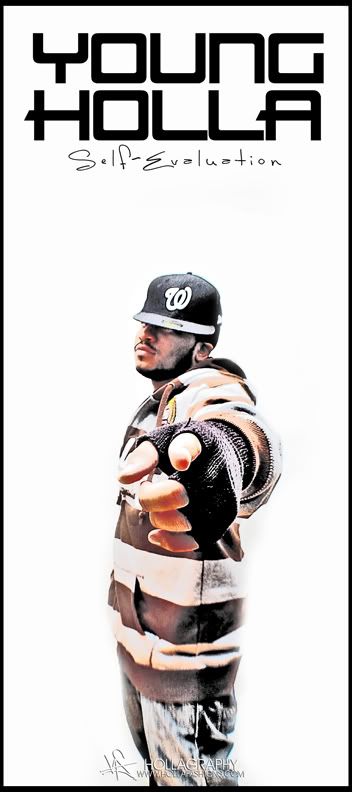
Review by Nathan S.
Recovery is the worst album of Eminem’s career. Recovery is the best album of Eminem’s career. It’s both. That ambiguity may sound like a cop out, and truth be told maybe it is, but in all honesty, I can’t remember being as confused about an album as I am about Recovery. Thanks to a newfound sobriety, it features the most mentally stable and mature Eminem we’ve ever heard, but, as music fans, do we really want a stable and mature Eminem? We certainly didn’t want a happily married and domesticated Usher. Recovery is also Eminem’s least purely “hip-hop” album, and while I genuinely applaud his willingness to defy the expected, I tend to like my Eminem as rawly hip-hop as possible. If I retreated to a secluded cabin and did nothing but listen to Recovery for a month I may be able to better weigh its value, but for now, I have far more questions than answers.
In my review of Eminem’s last album, the hyperbolically dark Relapse, I wrote that it was a cathartic work for Em, that he needed to get all that pain out of his system in order to get back to making great music. God I love when I’m right. Whatever its strengths and weaknesses, Recovery is easily the most courageous album of Eminem’s career as he stiff arms guest rappers (with one notable exception), delivers his first skit-free album and sonically ventures into everything from hard rock to quasi-ballads. More than a decade after the Slim Shady LP we’ve heard a lot from Eminem, but we’ve never heard anything like this.
When Recovery is good, oh f**k is it good. The album’s lead single Not Afraid is one of the least likely number one hits in music industry, not because it doesn’t sound dope, but because a fearlessly honest track about maintaining sobriety isn’t exactly your usual formula for chart success. It’s a testament to the strength of Eminem’s delivery that he’s transformed Not Afraid into a smash, it’s an absolutely gripping track, and it’s far from the only one on Recovery. The similarly themed Going Through Changes, which fittingly utilizes an Ozzy Osbourne sample, finds Em diving headfirst into a long list of his weaknesses, and the pounding Almost Famous provides an answer to anyone wondering if Em can still come as lyrically vicious as ever. Eminem pours his heart into Recovery, and it’s fascinating to listen to it beat.
While Eminem spends much of Recovery proving that he’s once again a serious contender for the best rapper alive title, unfortunately the album’s production and hooks, particularly when Eminem sings them, fall short. And before you start telling me, as some already have, that the hook and the beat “don’t matter,” that they’re “only a small part of the song,” let me offer this analogy: you go to Subway and they make you a delicious looking ham BLT. But then, instead of mayonnaise, they spread some poo on the bread. Are you eating that BLT, even though the poo spread’s only a “small part” of the overall sandwich? I thought not. Unfortunately, Eminem serves up more than a couple poo sandwiches on Recovery, even if he does so with the best of intentions, starting with No Love. It’s an absolute shame to waste incredible verses from Em and Lil Wayne on a beat that sounds like a joke at worst, and calls too much attention to itself at the least. Even more disappointing is the arena rock Cinderella Man, which finds producer Script Sheperd doing a poor man’s Timbaland impression, and Eminem’s vocals on You’re Never Over are so bad it sounds like he’s doing a parody of a cheesy r&b singer. And just like that, what could have been a classic track, becomes an average track.
As long as we’re on the topic, while longtime fans were undoubtedly nervous to see pop-rock singer Pink make an appearance on Won’t Back Down, the result is one of the album’s best tracks, and while the Rihanna-assisted Love the Way You Lie doesn’t work as well (listening to Em on a Ne-Yo-esque cut is more than a little strange), its nowhere near as bad as some might fear. But, although I’ll argue until the end that these things truly matter, I don’t want to get too caught up on the album’s specifics. Both personally and professionally Eminem couldn’t keep making the same music he did when he was 20, and while Recovery falters, it’s dope to hear Eminem moving in a new, and potentially even better, direction. Recovery feels like the album before a truly great album, a warm-up to a classic, and I can’t wait to hear what he’s cooking up next. Damn, looks like I have a pretty clear opinion on Recovery after all.




No comments:
Post a Comment